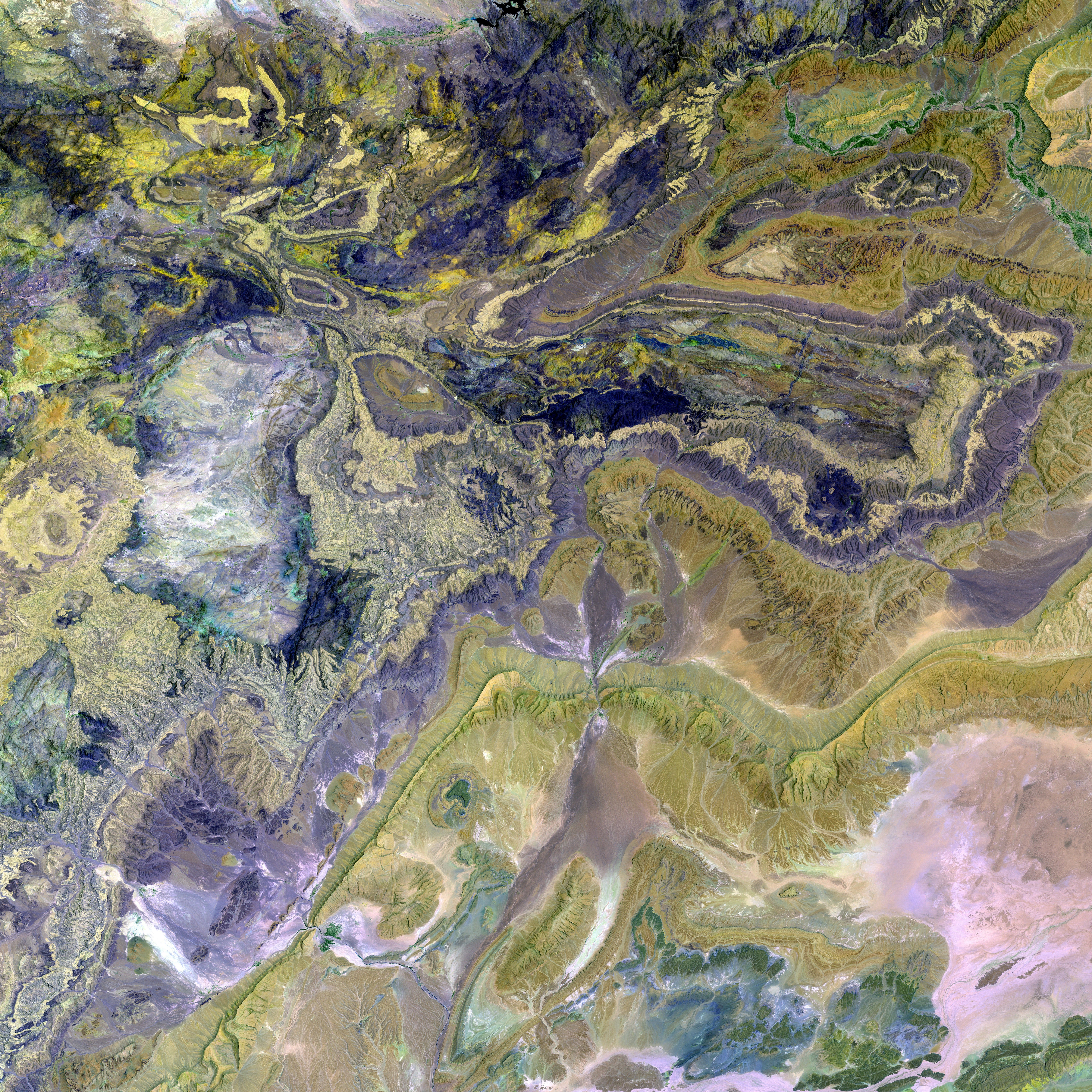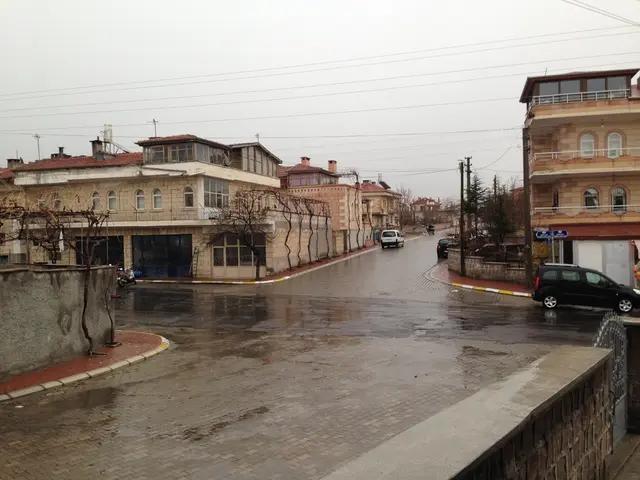Digital bike tracking system launched in Münster: Constant monitoring of cycling paths to ensure equitable infrastructure usage
Münster Unveils Plans for Comprehensive Assessment of Bike Path Infrastructure
The city of Münster has announced plans to conduct a thorough evaluation of its bike path network, aiming to fill gaps in previous inspections. This determinative project was approved by the committee for traffic and mobility on May 7, 2025. The initiative involves analyzing approximately 425 kilometers of bike traffic routes, leveraging advanced technology.
In an effort to expedite the identification of damages, congestion points, and insufficient markings, artificial intelligence (AI) will be integrated into the assessment process. Cameras equipped on bikes gather visual data during rides, which is then automatically analyzed by the AI. The system can recognize potholes, faded markings, missing signs, or structural bottlenecks, promising an objective and comprehensive inventory, marking a first for Münster's bike paths.
This undertaking forms part of the "AI in Road Maintenance" program, a collaborative effort between Münster, the city of Herne, and EDGITAL GmbH. By collaborating with other cities, Münster can draw from other municipal infrastructure surveys, providing an efficient approach to monitoring its bike path network that has been overlooked up until now.
While its main and secondary roads are already digitally surveyed regularly, Münster is taking an innovative, potentially nationally recognized approach to tracking its bike paths. The city intends to position itself as a model municipality for intelligent infrastructure planning in bike traffic.
The project is estimated to cost approximately 98,000 euros. A funding application has been submitted to the state of North Rhine-Westphalia, with hopes for up to 80 percent coverage. Should the funds be approved, the project could commence this year. The timeline for completion, at the latest, is 2026. The results not only aim to contribute to maintenance but also offer a foundation for future traffic planning, ensuring that Münster can efficiently target existing shortcomings and future investments.
Urban mobility trends indicate that cities like Münster are increasingly incorporating artificial intelligence (AI) and smart technology into their bike path infrastructure analysis and improvement efforts. AI tools help assess and understand usage patterns, popular routes, and infrastructure weaknesses. Digital twins and predictive maintenance solutions support more efficient, responsive, and future-proof bike path infrastructure planning and maintenance. These advancements enable cities to improve their bicycle infrastructures, prioritizing people over vehicles and promoting sustainable mobility initiatives.
- The AI in Road Maintenance program, a collaboration between Münster, Herne, and EDGITAL GmbH, will extend beyond bike path assessment, as urban mobility trends suggest the integration of artificial intelligence in finance, transportation, and even the industry sector to analyze usage patterns, popular routes, and infrastructure weaknesses.
- As Münster positions itself as a model municipality for intelligent infrastructure planning in bike traffic, the city's entirely digitized bike path network will also pave the way for advanced technology in other sectors, such as the finance industry, where artificial intelligence can streamline operations, uncover new investment opportunities, and improve overall efficiency.
- In addition to the objective inventory objective of bike path damage and insufficient markings, artificial intelligence-supported transportation systems could potentially revolutionize the transit sector by predicting vehicle traffic and optimizing routes to minimize delays and reduce congestion, consequently saving both time and public funds within the budget allocated for transportation infrastructure in Münster.








